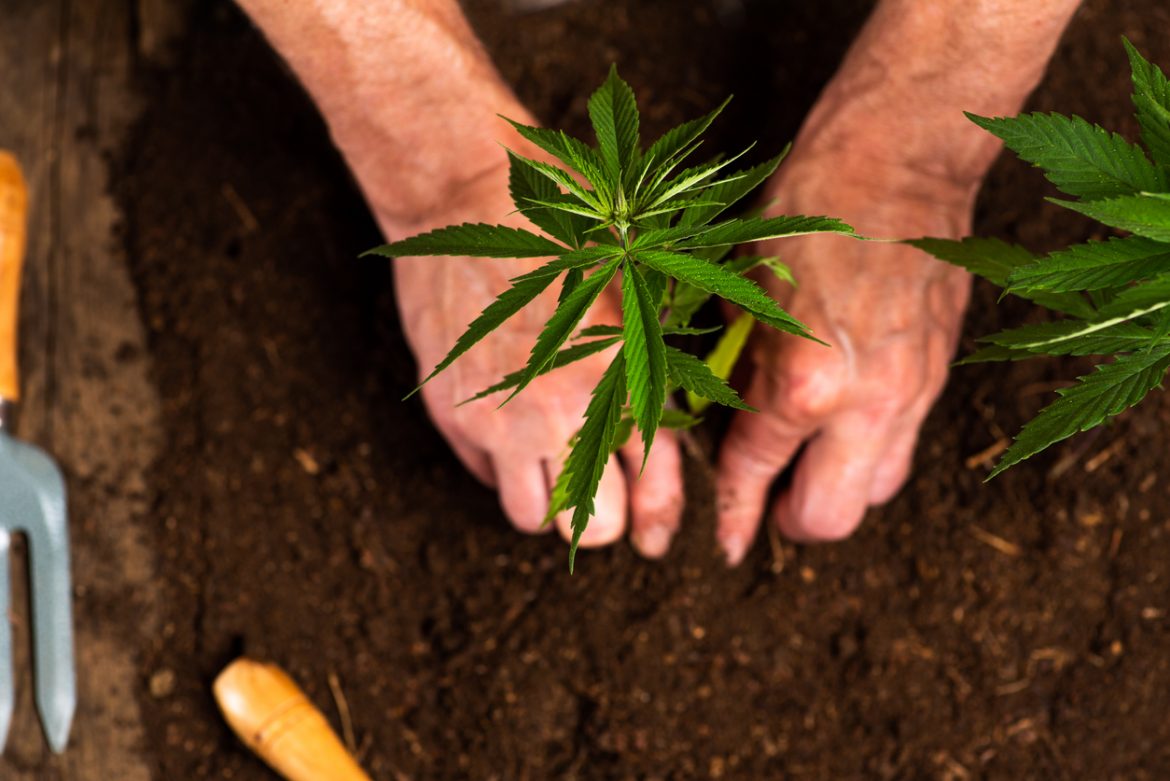
Hemp Laws in 2020: States Divided
Hemp Farmers Remain Confused in the 2020 Growing Season
Despite the federal government’s efforts to streamline the 2020 hemp production guidelines, many states are still following the 2014 pilot rules for this growing season. The result of each state basically making their own rules is a patchwork of varying guidelines for 2020- causing mass confusion for hemp growers, especially ones that grow crops in multiple states.
Hemp Production in the 2020 Season
Currently, there are 20 states that are following their current rules for hemp production into the 2020 season. Some recent additions include Alabama, Alaska, Oregon, Virginia, and North Carolina. With states such as Virginia encouraging potential hemp farmers to go ahead and apply for licenses, promises of rule changes under the 2018 Farm Bill are given to these future hemp farmers.
States such as North Carolina state that due to the size of their state-wide hemp production program, it would be difficult to apply any USDA interim final rule changes this year. Many experts agree with Paul Adams from the North Carolina Department of Consumer Services, when he states, “We believe that it’d be difficult at this stage in the game to try to implement the USDA rule.”
States Need More Time
Even with the United States Department of Agriculture’s (USDA) best efforts to streamline the process, almost every single state has raised concerns due to the USDA hemp rules. Currently, states are doing their best to comply with the USDA’s rules, but even the best efforts have fallen short. Many states cite this due to several reasons:
- Federal Plan Too Late – Due to the fact that the interim final rule was not published until October 31, 2019, state officials report that they did not have adequate time to pull together plans in time to implement the 2020 rules.
- Burdensome Testing Rules – With a 15-day pre-harvest sampling of THC by local or state law enforcement, along with delivery to laboratories registered by the U.S. Drug Enforcement Agency, many states are forced to apply longer testing windows.
- Destroying Crops – With an unclear definition of a “reverse distributor” and concerns with crops that measure over 0.5% THC, destroying crops that exceed this amount turn out to be costly and complicated. Some states report that these mandatory reverse distributors do not even exist in their state, leaving them wondering how to exactly follow the directives given by the USDEA.
CannGen Insurance Services Can Help Confused Growers
With the continued changes and confusion surrounding hemp growth in the U.S., farmers desperately search for an insurance company that keeps up to date with hemp laws and understands the ever-changing rules handed down by the federal government.
CannGen Insurance uses A-Rated carriers to protect those in the cannabis, hemp and CBD industries. From seed to sale, our expert underwriters help you and your clients create a comprehensive package of cannabis insurance coverage for any client need.
About CannGen
For more information about our comprehensive insurance solutions for the cannabis, CBD, and hemp industries, please visit our website at www.canngenins.com or email marketing@canngenins.com.


 US
US
 US
US
 CA
CA
 EU
EU
